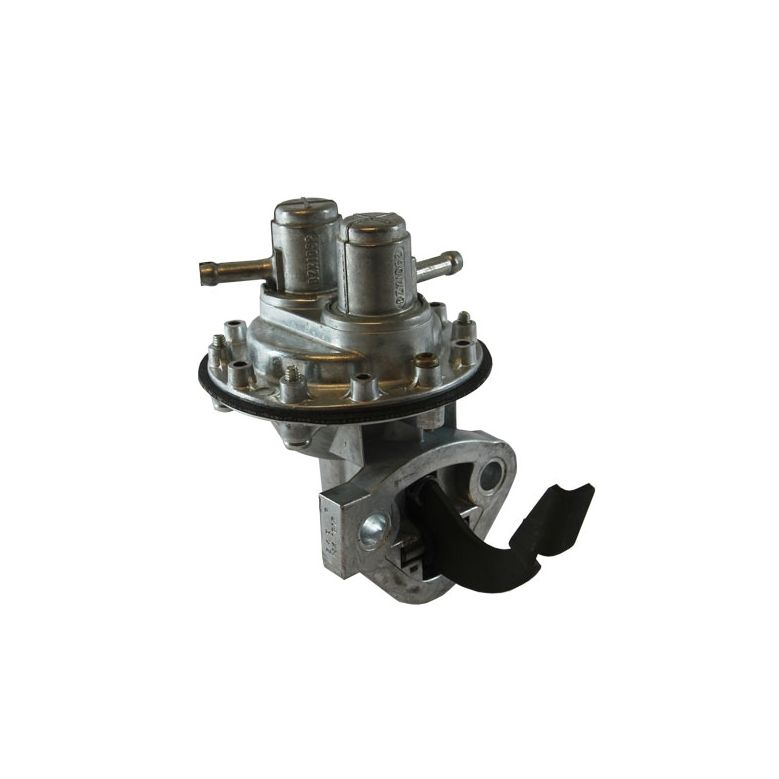A vehicle's fuel pump plays a crucial role in the proper functioning of the engine. It is responsible for delivering the required amount of fuel to the engine at the correct pressure. However, when the fuel pump weakens, it can have severe consequences on the overall performance and reliability of the vehicle. In this blog post, we will delve into the various implications of having a weak fuel pump and explore the potential dangers it poses.
- Decreased Fuel Efficiency:
A weak fuel pump fails to deliver an adequate amount of fuel to the engine, resulting in decreased fuel efficiency. The engine may struggle to generate the required power, leading to reduced mileage per gallon. This can significantly impact your wallet, as you'll find yourself making more frequent trips to the gas station. - Engine Misfires and Stalling:
Insufficient fuel supply can cause the engine to misfire or even stall altogether. When the fuel pump fails to maintain the necessary pressure, the engine may experience a lack of fuel during acceleration or at high speeds. This can result in sudden jerks, loss of power, and, in extreme cases, complete engine shutdown, leaving you stranded on the road. - Overheating and Damage to the Engine:
A weak fuel pump can lead to inadequate fuel flow, causing the engine to run lean. This means that the air-fuel mixture becomes imbalanced, with more air and less fuel. As a consequence, the engine may run hotter than normal, increasing the risk of overheating. Prolonged operation under such conditions can cause severe damage to engine components, such as the pistons, valves, and cylinder walls. - Increased Emissions and Environmental Impact:
When the fuel pump is unable to supply the required amount of fuel, the engine compensates by running richer, i.e., increasing the fuel-to-air ratio. This results in higher emissions of harmful pollutants, such as carbon monoxide (CO) and nitrogen oxides (NOx). Increased emissions not only contribute to air pollution but also lead to the deterioration of the vehicle's catalytic converter and other emission control systems. - Potential Damage to the Fuel System:
A weak fuel pump can put additional strain on the fuel system components. For instance, the fuel filter may become clogged more frequently due to the inadequate fuel supply, leading to restricted fuel flow. Moreover, the fuel injectors may suffer from insufficient fuel pressure, causing them to malfunction or become damaged over time. These issues can result in costly repairs and replacements.
Conclusion:
Having a weak fuel pump can have far-reaching consequences on the performance, reliability, and longevity of your vehicle. From decreased fuel efficiency and engine misfires to potential damage to the engine and increased emissions, the implications are significant. Regular maintenance, including fuel system inspections and timely replacement of a weak fuel pump, is crucial to ensure optimal vehicle performance and avoid costly repairs in the long run.
